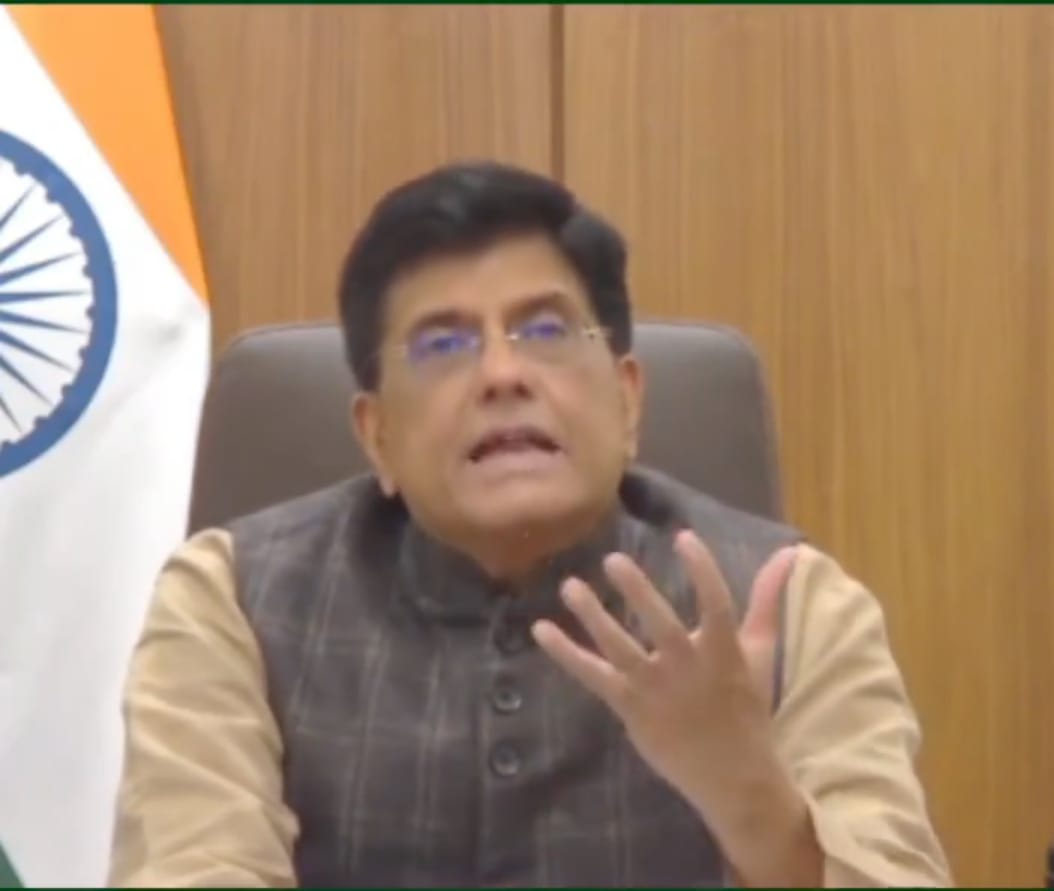
Piyush Goyal launches ‘Bharat Cleantech Manufacturing Platform’, highlights cons of PLIs, subsidies
NEW DELHI : Union Minister of Commerce and Industry, Shri Piyush Goyal, has urged the clean energy sector to become self-sustaining and independent of the government as production-linked incentive (PLI) Schemes were meant only to help kickstart projects.
Unveiling the ‘Bharat Cleantech Manufacturing Platform’ at an event here, the minister asked the participants to think innovatively and increase manufacturing scale in the country, according to an official statement issued on Saturday.
The platform, launched at the ‘Bharat Climate Forum 2025’, is an initiative designed to enhance India’s cleantech value chains in the solar, wind, hydrogen and battery storage.
Goyal said that the platform will provide an opportunity for the Indian firms to collaborate, to co-innovate and serve as a platform for financing, sharing ideas, technologies and resources.
This will help India become an attractive business case and a global leader in the sustainability and cleantech sector.
He highlighted that subsidies are detrimental to long-term growth and development of the clean energy sector and the companies must strive to become self-sustaining.
The minister hoped that the participants at the forum would be able to achieve the target set by Prime Minister Shri Narendra Modi of setting up 500 gigawatt of clean energy sources by 2030 in the country.
He pointed out that India has been one of the best performing countries in terms of meeting the Nationally Determined Contributions (NCDs) submitted in 2015 to the United Nations Framework Convention on Climate Change (UNFCCC) and the Paris Agreement.
“We are well ahead of our targets. We have achieved the target of installing renewable or clean energy by 2022, 8 years ahead of schedule. Having achieved the milestone of setting up 200 Gigawatt of clean energy we are well poised to achieving 500 Gigawatt. India also has the largest interconnected grid in the world,” Goyal added.
The minister also highlighted that taking on the challenges of climate change is not new to India, stating that Gujarat was one of the first states to adopt solar power. He attributed the affordability of solar power in the country to the Prime Minister and his adoption of transparency, conducting honest auctions and providing equal competition and increasing the scale of implementation significantly.
Source : ANI

